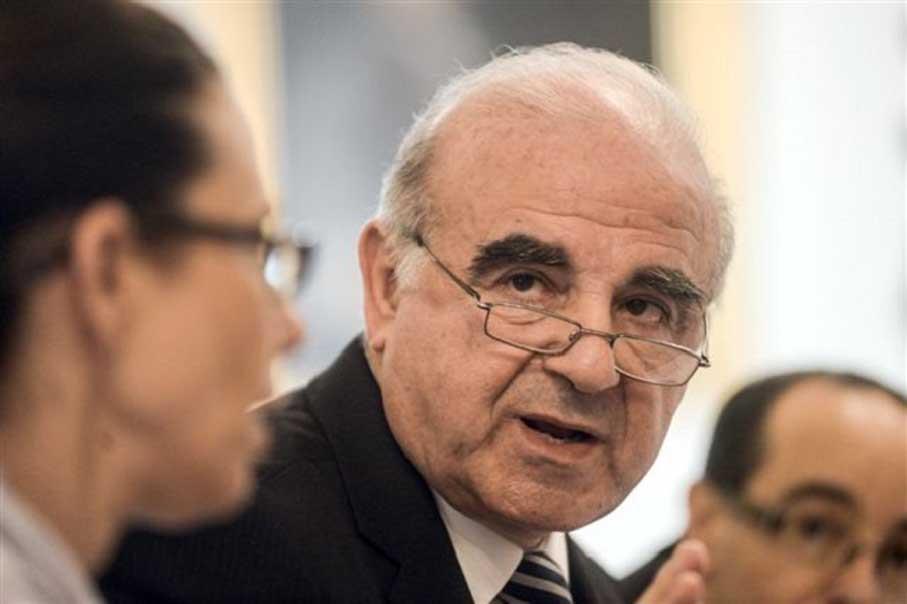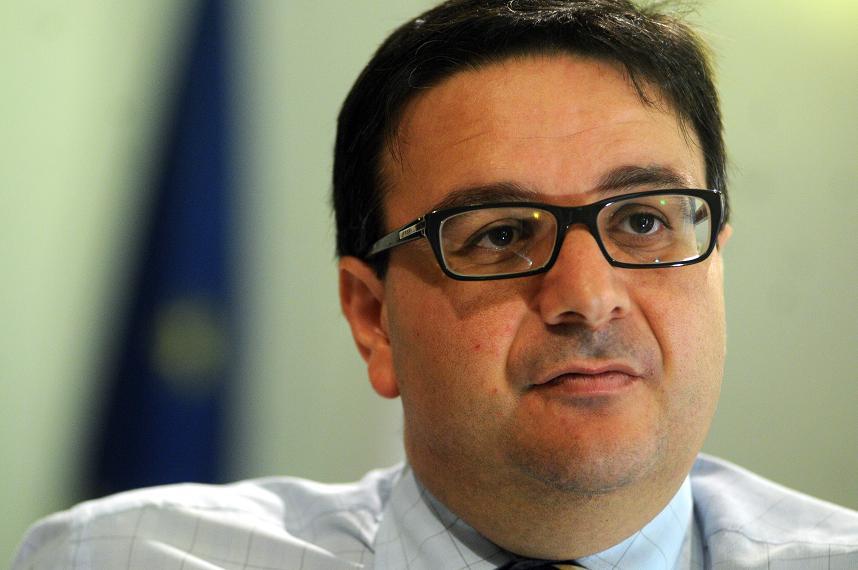In Parliament tonight, MPs commemorated the 70th anniversary of the liberation of Auschwitz-Birkenau concentration camp.
Foreign Affairs Minister George Vella said that it is a pity that many youngsters are not aware of what the world is commemorating today. “We are well aware that we can’t change history. We are remembering the millions of people who were killed in the tragic events. But we are also celebrating the lives of those who managed to survive. It is through these survivors that we go to know more about what happened,” Dr Vella said. Only a few of these survivors are still alive today.

The Foreign Affairs Minister said that, on such anniversary, one should reflect on political systems which can develop into dictatorship. “We should reflect on the dangers that can develop when leaders adopt a racist, xenophobic and discriminatory approach. The holocaust events represent the human being at its lowest. But instead of judging, we should use such horrific events to acknowledge that human beings can also be noble towards others.”

PN foreign affairs spokesperson Tonio Fenech said that unfortunately today, homosexuals and people with a disability are still facing discrimination. Anti-Semitism, xenophobia, homophobia and racism is still very much existent, even in European countries. “The Holocaust is still very much ongoing today. The human being still fears those of different race, of different beliefs, sexual orientation or ideology. 70 years later, some still resort to violence to address such fear. As politicians, we have a responsibility not to induce such fears in members of the public,” Mr Fenech said.

In mid January of 1945 Soviet forces approached the Auschwitz camp, located 37 miles west of Krakow, and the SS began evacuating Auschwitz. Nearly 60,000 prisoners were forced to march west from the camp system. SS guards shot anyone who fell behind or could not continue. It is estimated that more than 15,000 died during the death marches from Auschwitz.
On 27 January 1945, the Nazi concentration camp of Auschwitz-Birkenau was liberated by the Soviet Red Army troops. Around 6,000 prisoners were found alive at the camp. These prisoners had been thought to be too sick to join the 60,000 who had been forced to march out of the camp, but it is believed they were supposed to have been murdered before the Soviets arrived.
It is estimated that about 1.5 million people, most of them Jews, were killed at the infamous camp.
The Ministry of Foreign Affairs is set to host a commemoration later on this evening.